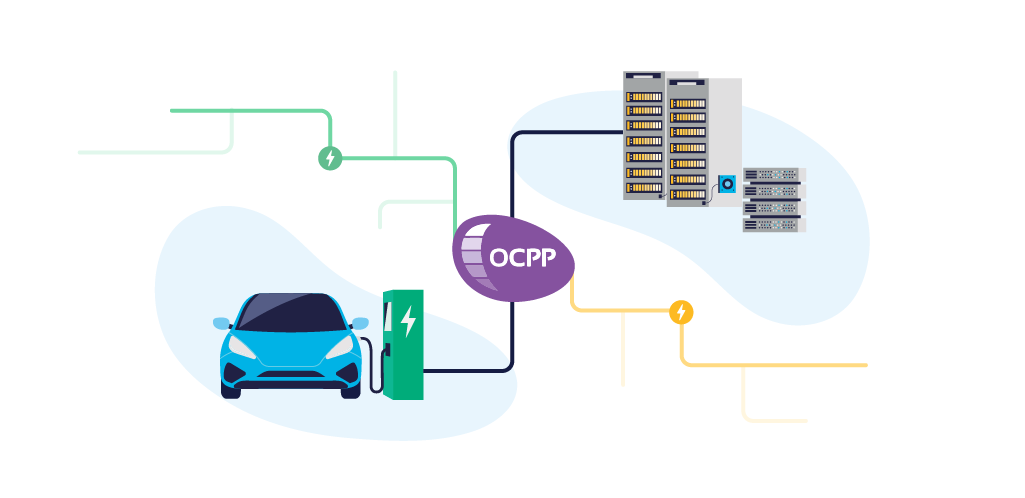Why OCPP Matters
Without a common standard like OCPP, the EV charging industry would be fragmented. Charging station owners would be locked into a single software provider, limiting choice, increasing costs, and hindering innovation. OCPP prevents this by creating a free and open market.
- Hardware Flexibility: Mix and match charging stations from different manufacturers without being tied to a single vendor's software.
- No Vendor Lock-In: Easily switch your charging station management software (CSMS) provider if your needs change, without having to replace your hardware.
- Future-Proofing: As technology evolves, OCPP ensures your network can adapt and integrate new features and charger models seamlessly.

